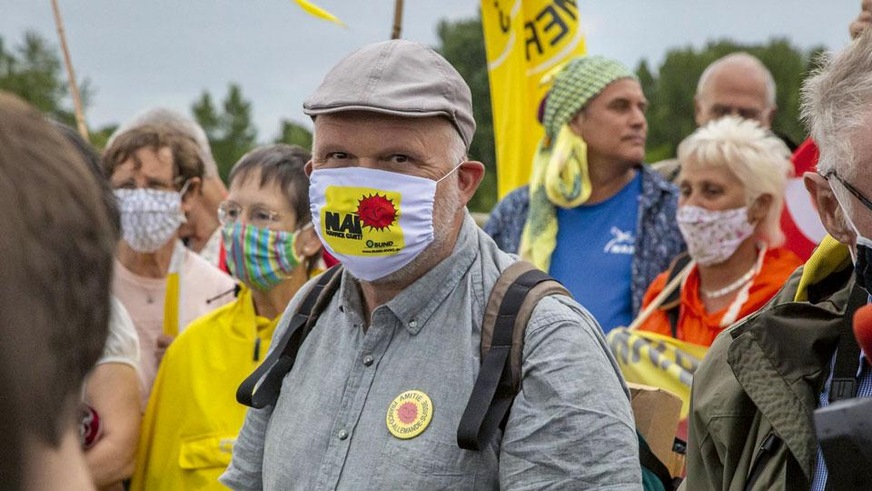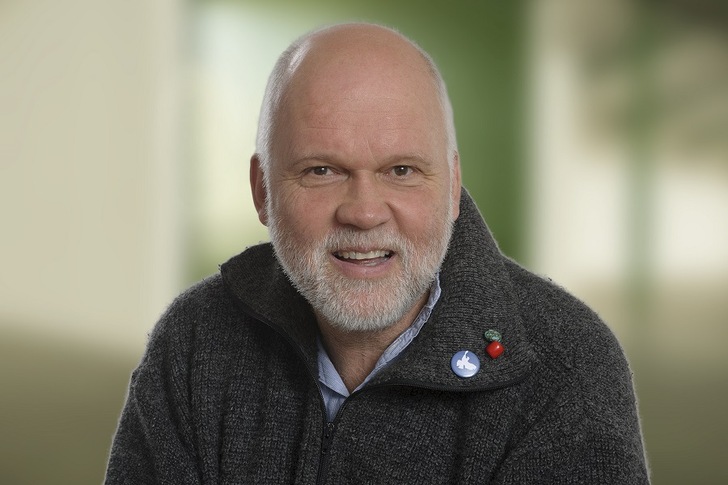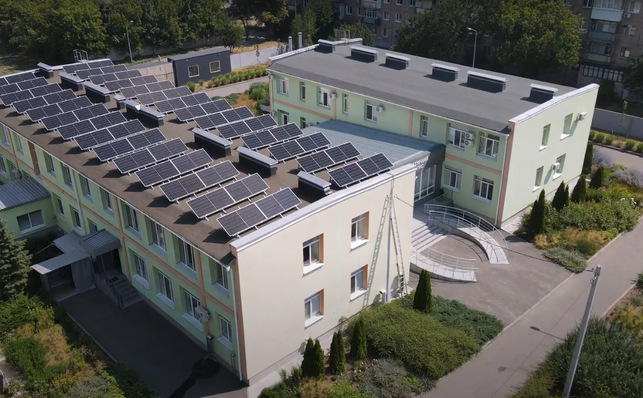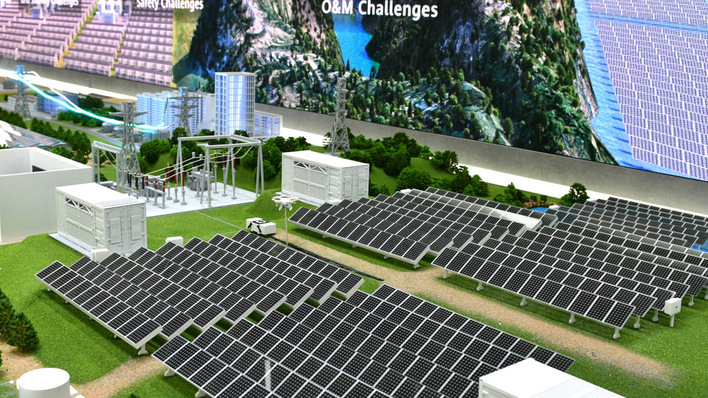In France, the nuclear industry is in decline and the nuclear company EDF is heavily in debt. At the same time, President Macron is once again promising cheap nuclear power and wants to have new small nuclear power plants built. A small part of the French nuclear industry's financial problems is to be solved with EU money.
In this context, the fairy tale of cheap French nuclear power is gladly spread in France and also in Germany and the use of nuclear energy is praised as a saving wonder weapon in the losing war against nature and the environment. However, the price of electricity in France is only apparently cheap
According to a report of the supreme audit court in France, the research, development as well as the construction of the French nuclear power plants cost a total of 188 billion Euros. Since in France the "civilian" and the military use of nuclear power cannot be separated, the sum is probably much higher. Retrofitting France's outdated reactors will cost over 55 billion. Liberation magazine reports retrofitting costs of nearly 100 billion by 2030.
People of France are paying for expensive nuclear power with their taxes
According to a report by the French Ministry of Economy, the semi-state-owned EDF had debts of about 41 billion euros at the end of 2019 and it is expected to be nearly 57 billion euros (57,000,000,000) by 2028. To avoid domestic political problems, EDF is not allowed to raise the price of electricity for political reasons. EDF liabilities are driving up France's national debt massively. The people of France (and especially their grandchildren) are paying for the seemingly cheap, expensive nuclear power with their taxes.
This cost does not include the dismantling of the nuclear power plants or any costs of a severe accident. A serious nuclear accident would have devastating consequences in France. A government study estimates the cost at 430 billion euros.
Demolition costs of over 100 billion euros
In France, EDF operates 56 outdated reactors that are now becoming old and decrepit almost simultaneously, but has built up almost no reserves for demolition. In Germany, the government is very optimistic about 47 billion costs for demolition and final storage. The demolition of the large number of French nuclear power plants could cost well over 100 billion euros as costs rise, if no savings are made on safety. There is a distinct possibility that the nuclear industry could bankrupt the French state even without a nuclear accident that could happen at any time.

Mitwelt Stiftung Oberrhein
A "European Pressurized Water Reactor" (EPR) has been under construction on France's Atlantic coast in Flamanville since 2007. The flagship project was originally scheduled for completion in 2012 at a fixed price of 3.2 billion euros. Since then, the start of operation has been postponed again and again, and the Court of Auditors now puts the cost at over €19 billion. Whether the EPR can go online in 2024 is questionable. The model reactor will never work economically.
In countries with a functioning market, no new nuclear power plants are build
Swiss nuclear lobbyist and Axpo CEO Christoph Brand puts the kibosh on dreams of cheap nuclear power from new, small nuclear plants. "The production costs for the electricity supplied by new nuclear power plants are currently about twice as high as those of larger wind and solar plants," Brand said. 'No matter how one assesses the risks of nuclear power, it is simply not economical to rely on new nuclear plants,' he said in the pro-nuclear NZZ on Oct. 21, 2021.“
In countries with a functioning market, no new nuclear power plants are built. When in doubt, it always helps to look at EDF's share price, which has fallen massively over the long term, to assess the market chances of the nuclear renaissance announced by President Macron.
"Bread and games" with artificially low nuclear electricity prices can work in election campaigns. Low-cost, risk-free electricity is generated today with photovoltaics and wind energy. (AM/hcn)
See also: Why nuclear power is not an option








